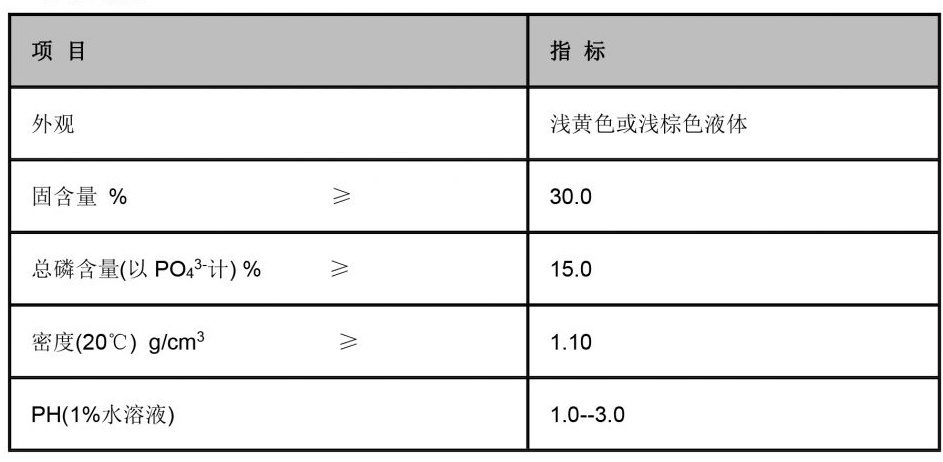Corrosion and Scale Prevention Solutions for Enhanced Equipment Longevity and Efficiency
Corrosion and Scale Inhibitors A Comprehensive Overview
Corrosion and scaling are significant challenges in various industrial processes, particularly in sectors such as oil and gas, power generation, water treatment, and chemical manufacturing. These issues can lead to severe operational losses, equipment failure, and threatening environmental hazards. To combat these problems, a range of corrosion and scale inhibitors have been developed, playing a critical role in maintaining the integrity and efficiency of industrial systems.
Understanding Corrosion and Scale
Corrosion is the gradual destruction of materials, usually metals, due to chemical reactions with their environment. This can occur in various forms—such as uniform corrosion, pitting, crevice corrosion, and galvanic corrosion—depending on the specific conditions present. In industrial settings, factors contributing to corrosion include the presence of moisture, acids, salts, and corrosive gases.
Scaling, on the other hand, refers to the accumulation of mineral deposits (such as calcium carbonate, magnesium sulfate, and silica) on surfaces, often occurring in water systems. This buildup can reduce the efficiency of heat exchangers and other equipment, resulting in increased energy consumption and potential operational failures.
The Role of Inhibitors
To mitigate the detrimental effects of corrosion and scaling, industries utilize inhibitors—chemical substances that prevent or reduce the rate of these processes. Corrosion inhibitors function by forming a protective layer on the surface of the metal, thus separating it from aggressive agents. Scale inhibitors, on the other hand, work by either altering the solubility of scaling minerals or preventing their precipitation on surfaces.
Types of Corrosion Inhibitors
Corrosion inhibitors can be classified into several categories
1. Anodic Inhibitors These inhibitors work by passivating the metal surface, making it less reactive. Common examples include chromates, molybdates, and phosphates, which are effective in preventing anodic reactions in acidic environments.
2. Cathodic Inhibitors These compounds reduce the cathodic reaction rates, thus inhibiting overall corrosion processes. Examples include tellurides and sulfides.
3. Mixed Inhibitors These inhibitors can affect both anodic and cathodic reactions. They are commonly used in neutral and alkaline environments. Organic compounds, such as amines and fatty acids, fall into this category.
corrosion & scale inhibitors

4. Volatile Corrosion Inhibitors (VCIs) These are typically packaged with goods to protect them during storage and transportation. They release vapors that condense on metal surfaces, forming a protective film.
Types of Scale Inhibitors
Scale inhibitors can also be categorized based on their mechanisms of action
1. Threshold Inhibitors These compounds prevent precipitation at concentrations significantly lower than the saturation level of the scaling minerals. They disrupt crystal growth and prevent particle aggregation.
2. Anti-Scaling Agents Substances like polyphosphates and organic polymers that inhibit the formation of scale by interfering with mineral crystallization.
3. Dispersants These agents help keep scale particles suspended in the water, preventing them from settling on surfaces.
Implementation and Best Practices
When selecting corrosion and scale inhibitors, several factors must be considered, including the type of environment (e.g., acidic, alkaline, or neutral), temperature, pressure, and the specific materials involved. It is crucial to conduct thorough testing to determine the optimal concentration and compatibility with other components in the system.
Additionally, regular monitoring and maintenance of the systems can enhance the effectiveness of inhibitors. This includes analyzing water chemistry, assessing the condition of equipment, and adjusting inhibitor dosages as necessary to ensure optimal performance.
Conclusion
Corrosion and scale are unavoidable challenges in industrial operations, leading to significant economic implications and safety risks. However, with the advancement of corrosion and scale inhibitors, industries can effectively manage these issues, prolong equipment life, and improve operational efficiency. By understanding the different types of inhibitors and their mechanisms of action, businesses can make informed decisions that protect their assets and minimize downtime. Integrating these strategies along with regular system monitoring is essential for sustainable operations in today's highly competitive industrial landscape.
-
Pbtc Scale InhibitorPBTC: A Scale Protector for Industrial Water TreatmentNewsAug.05,2025
-
Organic Phosphonate: An Efficient Defender in the Field of Scale InhibitionNewsAug.05,2025
-
Hydrolyzed Polymaleic Anhydride: Green Pioneer in Scale Inhibition FieldNewsAug.05,2025
-
PAPEMP Polyamino Polyether Methylene Phosphonic Acid For SaleNewsAug.05,2025
-
Flocculant Water Treatment: A Pioneer in Purification in the Field of Water TreatmentNewsAug.05,2025
-
Benzyl Isothiazolinone: An Efficient and Broad-Spectrum Antibacterial Protective GuardNewsAug.05,2025





